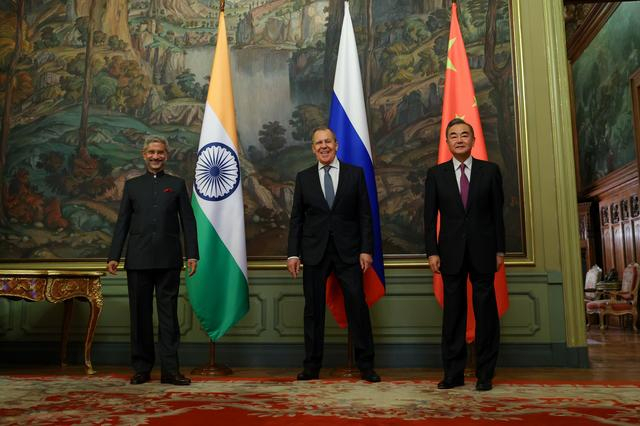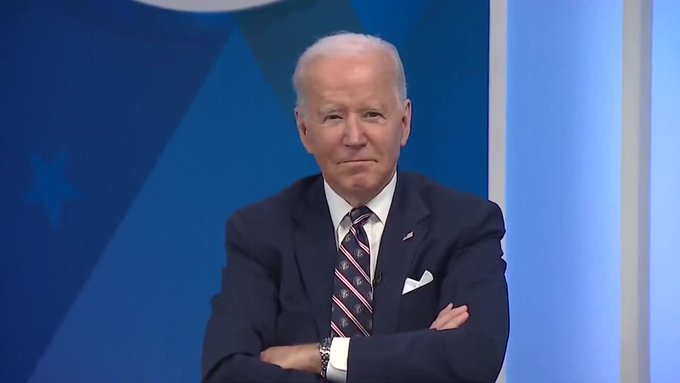Russia's Asian friends have dealt a heavy blow to the US and have all but neutralized the impact of the oil sanctions Washington imposed on Moscow following the Ukraine invasion. While the US could not ever bank on China to support its geo-strategic objectives, India's position has utterly shocked Washington.
India quickly adopted a bold stance on Russia-Ukraine war and decided not to toe the US line entirely. Instead of joining the European herd controlled by the US, India decided to support Russia and buy more crude from the embattled nation.
End of Arm-Twisting
While the United States and Western Europe adopted an extremely hostile stance against Moscow, the treatment in New Delhi was quite different. The Asian ally made sure the West would not succeed in the game of arm-twisting. India pressed ahead with the purchase of the Russian oil, now cheaper for that matter.

So, instead of cutting crude purchase from Russia in solidarity with Ukraine, India ramped up oil deals with Russia, a move that helped puncture the aura of invincibility around the geopolitical moves of the US.
The US obviously, had not expected this.
"Warning signs for the U.S. plan came as countries it had identified as being ripe for cultivation did not play their role as envisaged, but rather asserted their own intention to deal with both the U.S. and China as they saw fit," writes Simon Watkins in Oilprice.com.
Washington Stunned
India spurned the US calls to impose an oil sanction against Russia, just as the US and its European allies did. However, the Indian reaction stunned Washington. "If there is, first of all, fuel available at a discount ... shouldn't I buy it?" said Indian Finance Minister Nirmala Sitharaman, even as New Delhi charted out its independent energy policy.

This week, India's External Affairs Minister S Jaishankar traveled to the US to hold the 2+2 strategic dialogue with his US counterpart. In Washington, he repeated the Indian stance.
"I noticed you refer to oil purchases. If you are looking at energy purchases from Russia, I would suggest that your attention should be focused on Europe. We do buy some energy, which is necessary for our energy security. But I suspect looking at the figures, probably our total purchases for the month would be less than what Europe does in an afternoon," Jaishankar told a reporter during a press conference in Washington. This happened after the US did its best to convince India to adopt a more supportive foreign policy line vis-a-vis the Russia-Ukraine war.
Earlier this month, India and Russia went ahead with discussions on setting up an interbank transfer system for payments in rubles. This would solidify India's trade and strategic cooperation with Russia from where it is looking to buy more oil and weapons. India had earlier said that it was moving ahead with setting up an alternative payments system to maintain its trade with Russia.
India's Energy Future
According to data from the International Energy Agency (IEA), India's energy demand will grow 25 percent over the next two decades. In this process India will surpass the European Union as the world's third-biggest energy consumer. As India gave priority to securing its energy supplies, the US was given the cold shoulder.

This undermined the US dominance and thwarted the US efforts to present a unified front against China. India also fended off naive yet feeble US threats about sanctions by affirming its position that it will not kill the S-400 missile defense purchase from Russia. Weeks into the war and intermittent threats on sanctions, the US all but acknowledged that India's purchase of S-400 would not be impacted by the sanctions. Such resolute support from key allies punched holes in the West's plot line of an imminent Russian collapse.
India's unexpectedly independent and strong strategy left "a key part of the U.S. broader Middle Eastern and Asia Pacific military, economic, and hydrocarbons strategy in tatters," explains Watkins.








